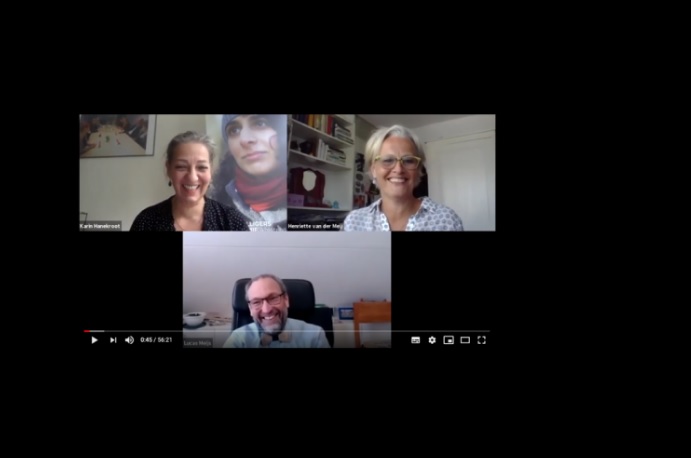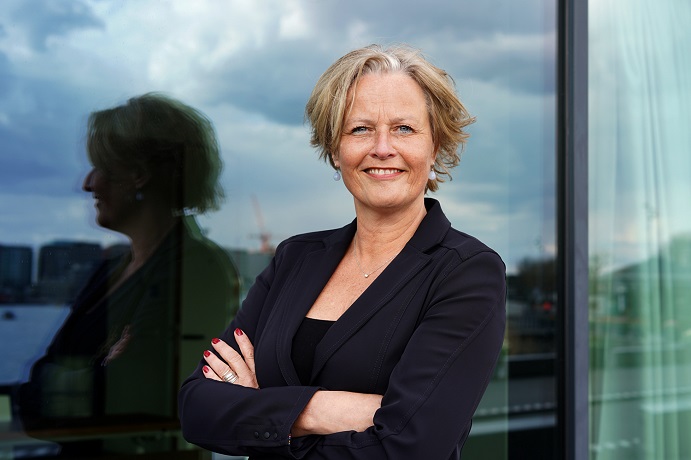Report on webinar about reciprocity with Lucas Meijs

Difficulty asking questions
Lucas Meijs explained that it is very human that asking for help is difficult. We are taught early on that it is good to be autonomous, to fend for ourselves. It is also difficult to admit that you cannot do something (temporarily) by yourself. This can lead to reluctance to ask for help. Most people feel like they need to do something in return when they receive a gift. According to Mr. Meijs, this is why reciprocity in a relationship is so important.
If you (as a volunteer) give a lot or threaten to give a lot, you put a strain on the relationship. Saying ‘You can always call me’ or ‘I will come by very often’ are well-intentioned messages. However, by doing this, you deprive your buddy of the opportunity for a reciprocal relationship. The person receiving help then feels like they can never ‘repay’. This leads to ‘lopsided reciprocity’ that recipients fear and volunteers should avoid. So, if someone offers to give you, as a volunteer, a bag of candy for your children, just accept it! It is crucial to be on equal footing to lower the barrier to asking for and receiving help.
Do I give someone the space to say ‘no’?
The terms reciprocity and equality sound nice. But how do you put that into practice with a buddy? Some questions you can ask yourself as a volunteer are: ‘Am I taking over? Am I giving someone the space to say ‘no’? Am I treating that person like a small child? You want to avoid being paternalistic. This means that (with good intentions) you assume you know what is best for someone else.
Both have an equal say
Next, the added value of the relationship between volunteer and care recipient was discussed. Because a volunteer does not receive a salary for their services, there is a choice. A volunteer can choose where and for whom they work. A care recipient can also choose and, for example, request a different volunteer. This provides flexibility. There is no power difference, unlike the relationship which is always somewhat unequal between professional and client. Because money is not involved, you can give it meaning. Seize that opportunity, Mr. Meijs urges us emphatically!
The feeling that something is not right
In the final part of the masterclass, the question is raised about how we can reach out to people in need who are not on the radar of volunteers, organizations, or neighbors. Mr. Meijs admits that this is a challenging topic. He suggests that neighbors and mail carriers can pay attention to whether someone’s curtains are closed too often or if there are cobwebs on the front door. It is important for volunteers and delivery personnel to develop a sense of unease and be able to easily report this to healthcare or volunteer organizations.
Behind the front door, everyone wants equality
The final tips we take away from this masterclass are that differences may be mentioned and that it is good to keep conversations in a volunteer relationship light. ‘I’m just going to the supermarket, can I bring you something?’ That makes the gift smaller and makes it easier to accept. Humor and lightness contribute to a relationship on an equal level. Behind the front door, everyone just wants equality.Report by: Volunteers Academy
Nice news:
Lucas Meijs is giving a third and for now final webinar. This one is on June 15th. Topic: how can volunteers and their organizations best guide and maintain current voluntary energy? Do you want to attend? You are very welcome!Sign up on time!
Watch this webinar again?
That can be done here:


